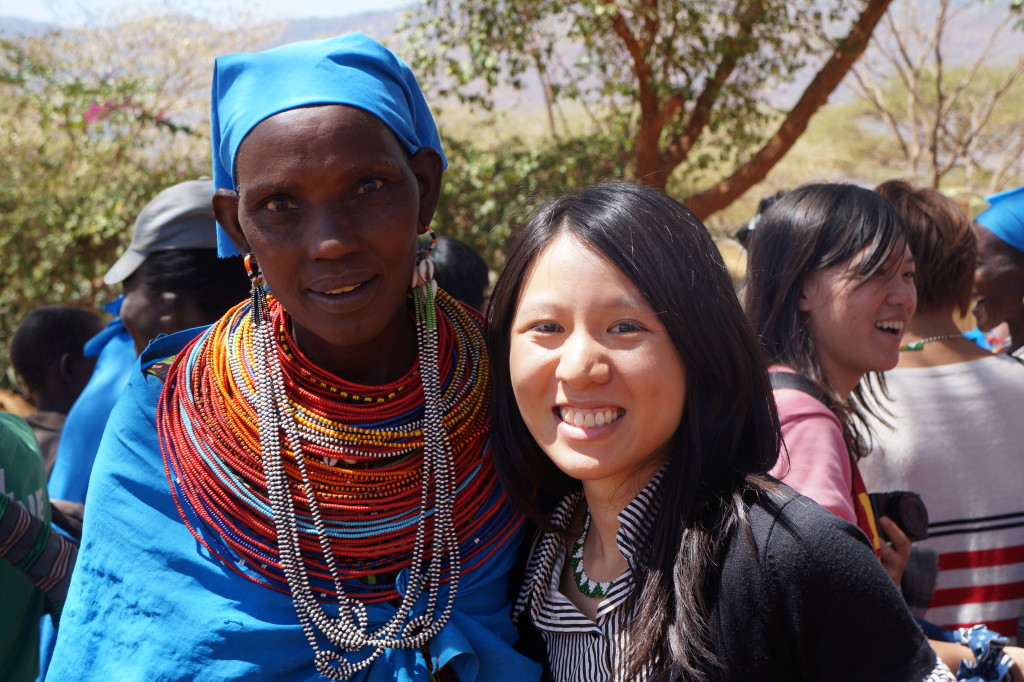In the ongoing Ordinary Synod of Bishops in Rome whose main focus is on “The Vocation and Mission of the Family in the Church and in the Contemporary World”, I have particularly been impressed by the excitement both from within and without the Church precincts. Apparently, it has been evident that people have rather diverse expectations from this Synod; perhaps because the issue being addressed here touches the lives of all, Catholics and no-Catholics alike.
This reminds me of the kind of atmosphere felt during the last Ordinary Synod of bishops held in 2012 on “The New Evangelization for the Transmission of the Christian Faith”. All were so exited precisely because of the urgency and importance of the matter tabled; and all of us sung the refrain: “… No! New Wine in New Wineskins!” These are three years down the line and I personally wonder how much has been achieved; however, as St. Paul would rightly tell us, “… never grow tired of doing what is good” (2 Thes 3:13).
At this juncture I would like to take a break and pose a significant question regarding the choice of themes for the Ordinary Synods of Bishops. What criteria are followed to determine the theme for a Synod?
Allow me to quote the following from Wikipedia:
“In preparation for each ordinary general assembly, episcopal conferences are asked to suggest up to three themes for discussion. After the secretariat has studied the proposals put forward, the Pope, generally on the basis of the secretariat’s recommendation, establishes the topic and agenda of the assembly. Criteria for the choice of the topic are: 1) that it be of universal, not merely regional, interest; 2) that it be pastoral in character with a firm doctrinal base; 3) that it be contemporary and urgent enough to stir up “new energies and movements in the church towards growth”; 4) that it can be addressed within the allotted time.” Free Encyclopedia.
These criteria have highly provoked my missiological imaginations, my sincere pastoral enthusiasm, my deep zeal for the “missio ad gentes”, my desire for the “… therefore go and make disciples of all nations…” (Mt. 28:19). At the same time I am confronted by a situation that is really challenging; a reality that pulls all the above towards the opposite direction; a mission that makes me question my very cherished traditional method of evangelization – that based on the “…therefore go and make disciples of all nations…” The reality I am addressing here is “INTERRELIGIOUS DIALOGUE”.
I want to believe that all of us are plainly aware of the pluri-religious nature of our modern societies today. This has been due to the migration and immigration realities around the world that have been throughout our history but today are a phenomenon of great concern. The impact of this trend is felt in all spheres of life. All around the world it’s not business as usual. Religion has equally been affected in such a way that out of 20 households in any given neighborhood, chances are that a few of them profess a different faith. This has direct impact on the upbringing of the younger generation as it has been witnessed in the recent past. This is a real pastoral issue.
In the Asian world, and particularly in Taiwan where I am currently as an evangelizer, it goes without saying, that it’s not business as usual with regards to evangelization methodologies. With the presence of big and well established religions as Budhism, Taoism, etc., a Christian and worse still a catholic feels just like a drop in the sea. It makes one to question his evangelistic methodology; the rather literal understanding of “…therefore go and make disciples of all nations…” It makes you discover how little you really know about your own faith and thus the desire to get even more prepared. In plain terms, a new evangelizer in this milieu finds himself rather confused and not knowing exactly how to approach the famous “INTERRELIGIOUS DIALOGUE”.
Are these enough reasons to demoralize one into concluding that Asia does not need evangelization? I think the opposite is true. This is where evangelization is most needed. It is all about the HOW? It calls for a change of approach, a different attitude, a new way of looking at mission, a redefinition of what we understand by “…therefore go and make disciples of all nations…” Therefore in my humble opinion, “Interreligious Dialogue” is our generation’s real pastoral nut to crack.
Now I am sure you understand the reason why I begun this article by the reflection on the Ordinary Synod of Bishops. As I conclude, my sincere and humble desire would be to live to see the day this great and hot issue on “Interreligious Dialogue” taking the centre focus of an Ordinary Synod of Bishops. That it could be given the serious address it really deserves given its serious implications on our mission today.



Leave a Reply